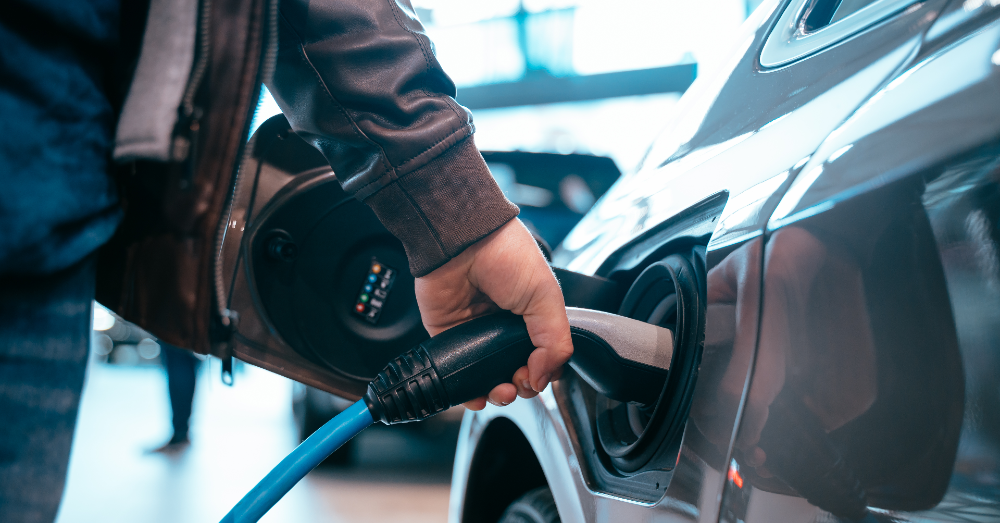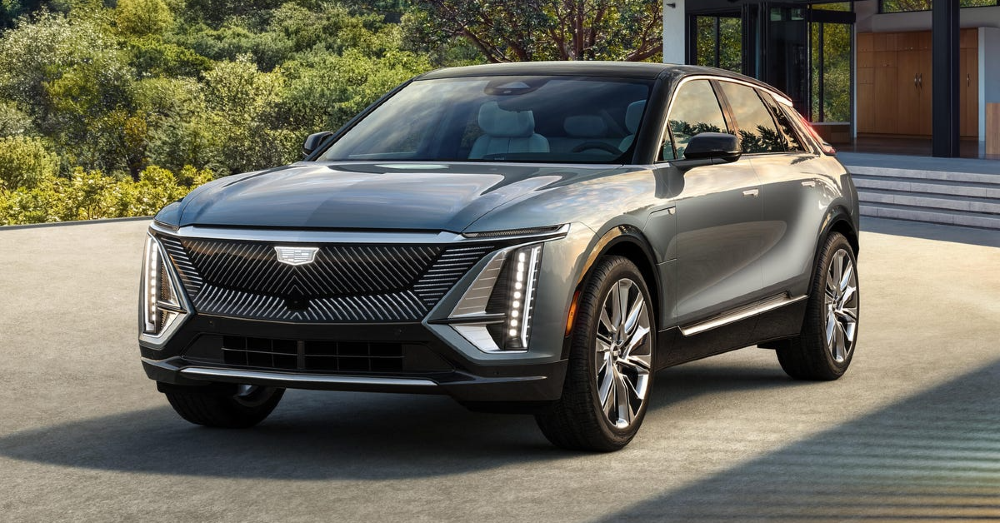
Should the Government Regulate Electric Vehicles
Electric vehicles were nothing more than a footnote in the automotive world until the latest presidential administration began. Is this a coincidence?
It doesn’t seem much of a coincidence that a new administration pushed for EVs, and suddenly, every automaker in the world is on board. While the timing of this seems to point directly at a governmental push toward electricity for the vehicles we drive every day, that’s not entirely the case. If you look back a few years before the current administration, the Detroit Big Three automakers were already working toward electric propulsion.
Would all automakers selling cars in the US participate without government intervention?
It’s hard to give a definitive answer to this question. Most automakers have been working on building better electric cars for many years. Now is simply the time when things seem to be coming to a head, with several new models entering the market using electricity to power these vehicles. The movement from the old Federal EV Tax Credit is certainly one way the federal government aids the process of promoting EVs in the United States. This new tax credit requires more domestic processes to create electric vehicles that are built locally and sourced from countries friendly to the United States.
An immediate change to CARB adoption took place under the current President
For more than a decade, the California Air Resource Board (CARB) has led the way toward cleaner vehicles and lowered levels of pollutants being expelled into the atmosphere. The current President changed the previous policy to allow states to adopt CARB regulations, which many have already done. This change allows some states to have stricter emissions regulations than what the federal government requires. This change is another way the government pushes us forward toward electric vehicles with regulations.
Do we need regulations for EVs or for the nearly-autonomous driving systems?
If you answer both to this question, you might be correct. The added regulations used to help automakers develop and build EVs in the United States protects and increase the number of jobs in the American automotive industry. On the other hand, most automakers don’t need government regulations to build electric cars. What these automakers need is the promotion of EVs, which the government has already done by putting guidance in place to increase sales of EVs to 50 percent of all vehicles before the end of the decade.
Electric vehicles aren’t the only development taking place in the automotive market. Most automakers are also working toward autonomous driving systems. This is where more government regulation could be required. It’s important that consumers know these semi-autonomous systems aren’t made to drive the car without any driver intervention. Unfortunately, there have been some crashes in vehicles using these systems where the driver chose to allow the car to drive itself. This has led to some fatalities, which is why it’s important the government step in and regulate this part of vehicle safety and system development.
Speaking of crashes…
Some of the crashes mentioned above involve Tesla electric vehicles. This puts a double whammy on these collisions. When EV batteries catch fire, these flames typically engulf the entire vehicle and cause an extremely dangerous situation. It’s well-known these batteries can be volatile if the compartment is damaged and the batteries become exposed. Does this change the thought that we need the government to regulate electric vehicles? Not just yet, but that could be something we find to be an important part of the process as we see more EVs out on the road. Just imagine how fiery some of these crashes will be when half the cars on the road are powered by electricity.
What about charging stations?
The current infrastructure to charge electric vehicles while out on a road trip is completely inadequate. Some chargers are already outdated and haven’t been properly maintained, even with EVs being relatively new to the market. The federal government has already begun to subsidize and implement requirements for more charging stations around the country. Think about how many gas stations are located in your city. We’ll eventually need the same or more charging stations for electric vehicles, especially if the market completely changes to an all-electric world.
Will we need more charging stations than gas pumps?
If you think about the typical structure of a gas station, we could see more electric charging locations than the number of pumps for gas. Most new electric vehicles can charge the vehicle to 80 percent of the overall charge in less than thirty minutes. While this is certainly true, thirty minutes is a long time for a vehicle to sit at a station. Because EVs won’t need to tap an in-ground tank of fuel, there can be more charging points at an electric charging station than there are gas pumps at current locations. This could solve the problem of EVs waiting for the next charge port.
The need for more EV charging stations is already showing itself
Over the recent holiday season, travelers driving electric vehicles on road trips typically completed by gas-powered vehicles experienced something unpredictable. We already have enough EVs on the road with people trying to use them for road trips that some charging stations experienced lines of cars waiting to plug in and charge up. These lines were up to three hours long. If there’s any aspect of the electric vehicle movement where we need government regulation, it’s in building more public chargers much faster.
More EVs might lead to a greater need for government intervention
So far, the federal government has acted as a promoting body for the movement toward EVs and away from gas-powered vehicles. As these new models catch on, the government might need to shift toward a more regulatory body for these new vehicles. That time hasn’t come. We need the federal government to push harder to have charging stations installed, help promote the EV Federal Tax Credit and continue to push toward more new EVs being sold around the country. Eventually, the federal government will need to regulate electric vehicles, but that time hasn’t come just yet.
This post may contain affiliate links. Meaning a commission is given should you decide to make a purchase through these links, at no cost to you. All products shown are researched and tested to give an accurate review for you.



